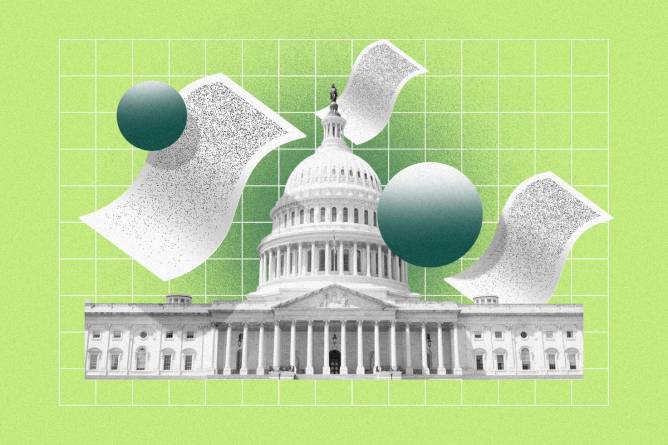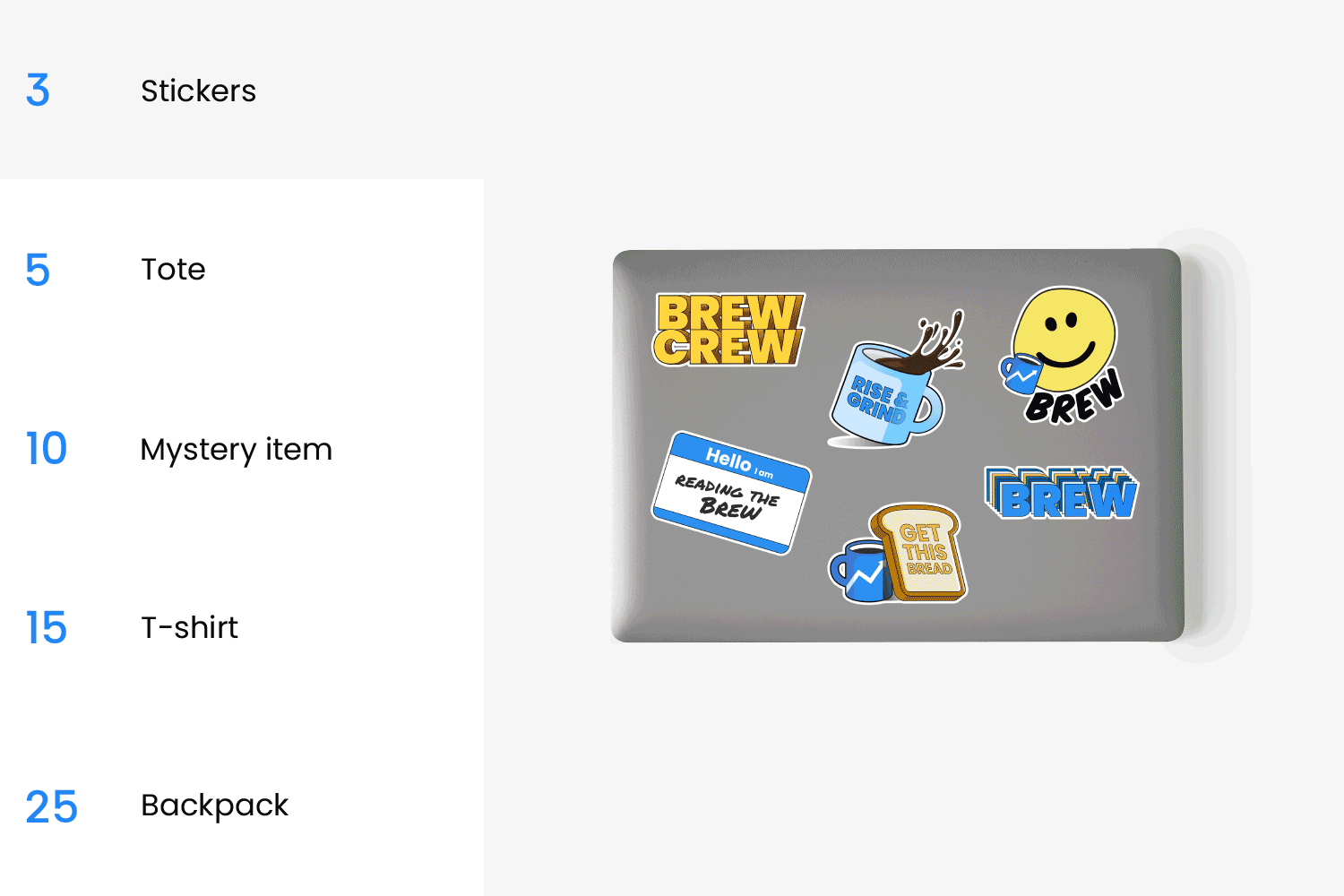|
Nearly one-half of women and men (47.3% and 44.2%, respectively) report having experienced domestic violence at some point in their lives, according to a recent report from the Center for American Progress (CAP). And its effects can be felt in the workplace: 83% of survivors report that the abuse has impacted their ability to work, and the US loses an estimated 8 million days of work every year as a result, according to the Center for Domestic Peace.
Victims and their families may need time off from work to relocate away from their abuser, attend court proceedings, or access care. In response, some cities and states—including Minnesota, Colorado, and Oregon—have mandated, as part of their paid medical leave regulations, that employers offer safe leave, so survivors of domestic violence can take time off without missing out on pay or losing their jobs. Federal employees can now access this type of leave, too.
The policies vary by location. For instance, Massachusetts does not cover victims of sexual violence, while Oregon provides leave in harassment cases; others states, like Arizona, extend coverage if the victim is a child or vulnerable adult. Similar to sick leave rules, employers are prohibited from requiring employees to provide documentation for why they need to use safe leave, unless it extends beyond a certain length of time.
Whether or not an employer operates in a state that requires safe leave, some experts recommend that it has clear policies regarding domestic violence and sexual assault so employees know how they’re supported.
Keep reading here.—KP
|









